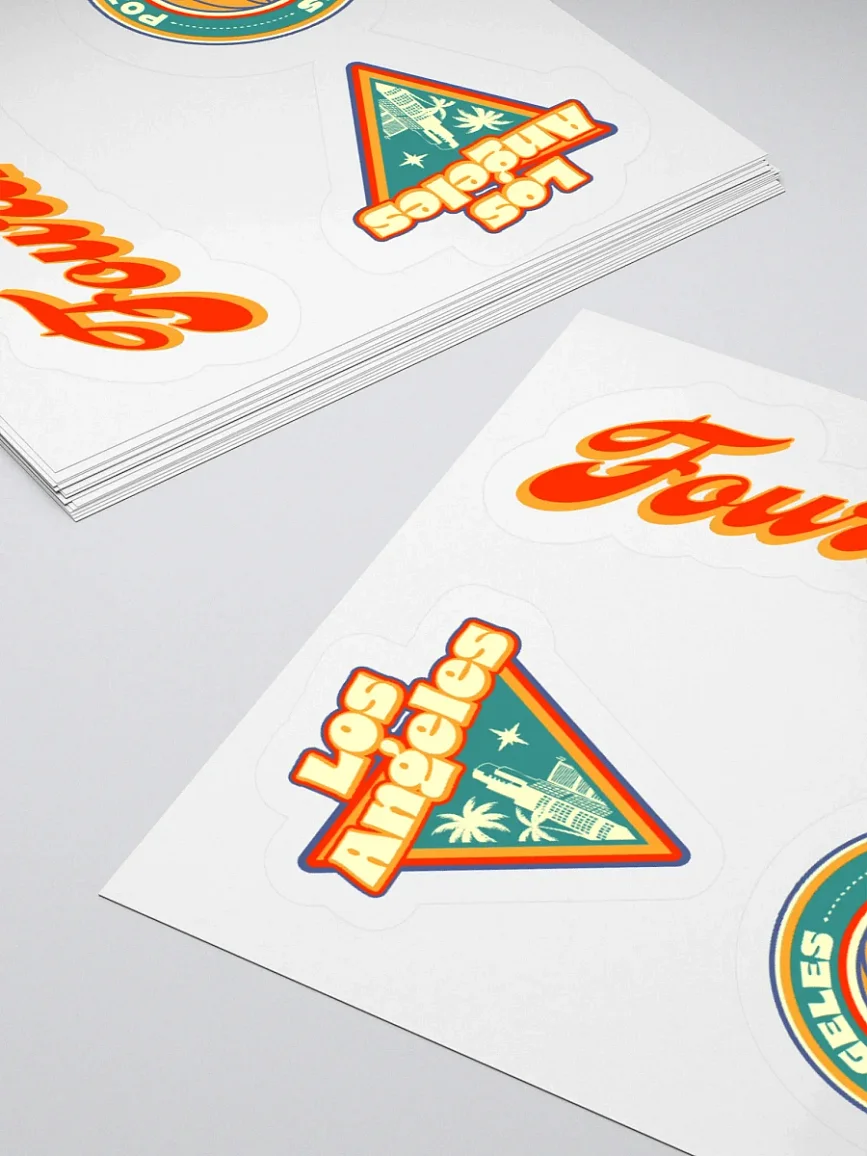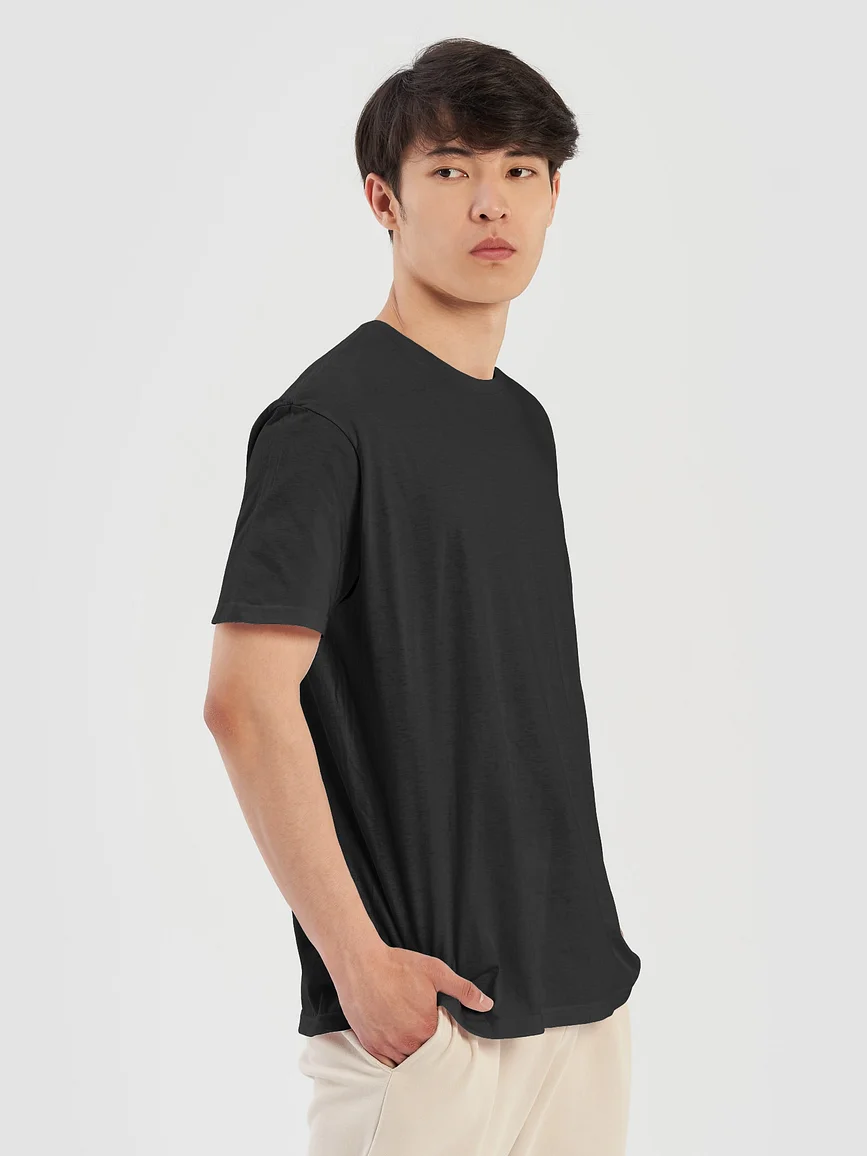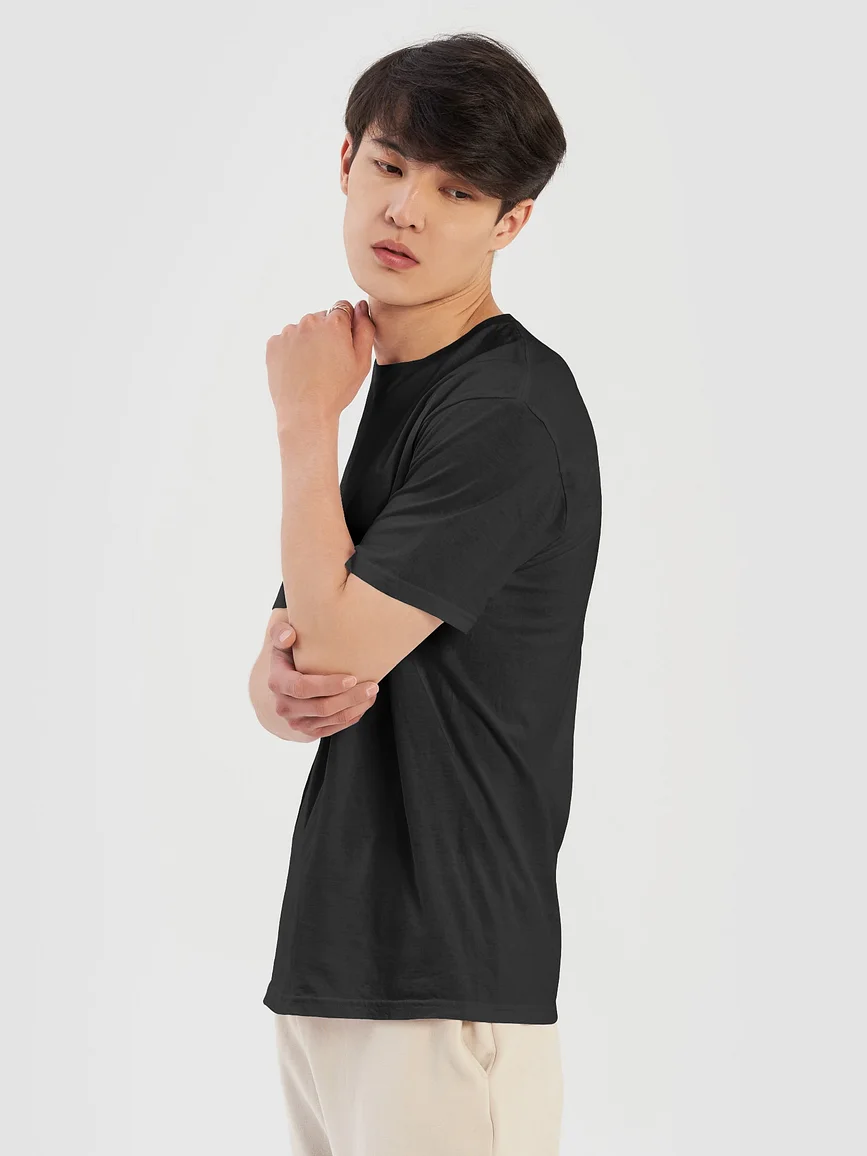All About Direct to Consumer (DTC) Ecommerce
.webp)
The direct-to-consumer (DTC) ecommerce model has become a game-changer in the way businesses sell products to consumers. The DTC approach involves cutting out intermediaries like retailers and wholesalers, allowing brands and creators to sell directly to their customers and fans.
Consumer preferences have changed over the years, with the current trend leaning toward more personalized shopping experiences; one example being the influencers you might've seen sharing and promoting ecommerce products on livestreams. Let's dig into how you can go direct, create preferred customer experiences, and leverage the DTC sales approach to the benefit of your brand or business.
How does Direct to Consumer Work?
DTC ecommerce simply means selling products directly to consumers without relying on traditional retail or wholesaler intermediaries such as brick-and-mortar stores or third party distributors. The DTC ecommerce model enables brands and creators to establish better relationships through the customer journey by bypassing retail channels, reaching consumers directly, and giving brands and creators more control over the entire sales process.
Creators can either collaborate with other companies to promote their DTC products first-hand, sharing and showcasing their personal experiences with the product; or creators can design their own products. The latter can be done easily using print on demand via platforms like Fourthwall, where you can choose from a huge customizable product line that offers everything from apparel and drinkware to wall art, candles, and custom coffee blends. Digital products, also available through Fourthwall, are yet another option, and can open up extra avenues for revenue. All of these DTC approaches encourage more individualized options for what products a brand or creator would like to promote.
For the promotion itself, DTC brands' consumer marketing strategies often utilize online channels such as social media, influencer partnerships, and content marketing to reach and engage their target audience. Additional communications with DTC ecommerce customers can be done through personalized recommendations on streaming video, socials, and email marketing.
What Are the Benefits of the Direct to Consumer Approach?
Increased Control
DTC brands have more control over how their products are presented and perceived by consumers, allowing for consistent consumer marketing and brand alignment; being able to individually select spokespeople is another benefit of DTCs. Creators presenting their own products can scale and adjust their DTC product lines more quickly and effectively, rolling with changes in market, ecommerce, and customer demands, and being able to better stay on top of quickly moving trends.
Higher Profits
By using the DTC ecommerce approach to eliminate the middlemen, you also eliminate most traditional retail markups, fees, and other associated costs. DTC brands and creators can generally capture a larger share of the profits associated with each sale, resulting in higher profit margins compared to traditional retail models. You can also use your profits per item as another data metric, observing items that are flying off of the proverbial shelves vs. items that aren't really selling. This enables you to make informed creative choices regarding both renewed and brand new product designs.
Better Customer Relations
Direct interaction with customers enables DTC brands to gather valuable feedback, address customer concerns promptly, and personalize the shopping experience. This can encourage stronger and more loyal customer relationships, and can give you better insight to your customers' needs, wants and preferences, which then lets you adjust your DTC product offerings accordingly. Removing steps from the promo-to-purchase process during the customer journey also speeds up shopping and provides a faster, more rewarding DTC customer experience.
More Direct Customer Feedback
DTC brands have direct access to customer feedback and feedback from their creators/influencers, allowing them to gather insights into product preferences, pain points, and trends. This is extremely helpful data for product development, promotional approaches, and marketing strategies; having this kind of feedback helps you understand who is buying your DTC ecommerce products and what they like or dislike about them.
Better Market Opportunities
Many DTC business opportunities have a fairly low barrier to entry - they can be relatively easy to get into, especially print on demand opportunities like those available via Fourthwall - and also give you the flexibility to adapt quickly to changing market dynamics and consumer trends. This allows DTCs to capitalize on emerging opportunities and stay ahead of competitors, and the wide range of possibilities allows creators/influencers to be selective about the products they choose to promote.
Tips for Growing Your DTC Business
Make Your Products Unique
More and more creators and brands are embracing DTC ecommerce; which means you need to work on distinguishing your brand from your competitors by offering unique products, innovative features, trendy consumer marketing and advertising that generates hype, plus excellent quality products that will bring in - and keep! - your target audience.
Collaborate with Influencers
Partnering with other influencers or brand ambassadors can help increase brand visibility, credibility, and reach within your DTC target market. Don't shy away from collaborating; building hype with two creators can make for a buzzworthy customer experience, and can double the positive results for both of you!
Encourage Referral Marketing
Simple but effective: encourage happy customers to refer their friends, family, and colleagues to your DTC brand/products through referral programs, incentivizing both parties with discounts or rewards for successful referrals.
Offer Multiple Shipping and Payment Options
Provide customers with flexible shipping choices and multiple payment options to make for smooth buying ecommerce transactions and a positive DTC customer experience.
5 Examples of Direct to Consumer Brands
Warby Parker
Warby Parker shook up the eyewear industry by offering affordable, stylish glasses directly to consumers online, eliminating the need for expensive retail markups, and they've just kept growing. Customers do need a current eyewear prescription, but all other steps are taken care of online including eyewear measurements, which Warby Parker's business model directs people to do using careful steps on their mobile phone (Warby Parker's success enabled them to also launch IRL (in real life) stores, so now they work in both markets.) Shortcuts like these enable DTC brands to narrow costs and offer better DTC deals.

Glossier
Glossier, which started as a popular hobby beauty blog, has built a cult following as a DTC beauty company by creating skincare and makeup products that especially resonate with millennials and Gen Z, leveraging social media and user-generated content to draw in customers. Glossier provides both detailed overviews and home delivery of their sleekly-designed products; frequently sees long waiting lists happen for specific beauty items; and has been valued at over $1 billion.

Gymshark
Gymshark has become a powerhouse in the DTCs activewear industry by connecting directly with fitness enthusiasts through social media, influencer partnerships, and community-building initiatives. They also closely monitor customer needs, releasing products like athletic hijabs in consideration of Muslim women and an online fitness training app. While Gymshark's products are sold via ecommerce to consumers in 180 countries, they also keep in personal touch with customers via their one permanent store in London, England, plus occasional pop-up shops.

Dollar Shave Club
Spawned from a conversation about the high cost of men's shaving products, convenience quickly became the biggest buzzword at Dollar Shave Club. Customers purchase Shave Club memberships that ship budget-priced, high-quality DTC razors and blades to their homes; their DTC business model now reportedly has over 4 million subscribers, with a small percentage of those being women. Dollar Shave Club's success actually pressured companies like Gillette to lower prices on their own products, and in 2016 Dollar Shave Club was sold to behemoth consumer goods company Unilever for $1 billion.

Dropps
Dropps, founded by a mother and son as a small family company, went direct and has since transitioned into a large, trusted brand. They offer sustainable, plant and mineral-based laundry and dish detergent pods, dish sprays, hand soaps, and dish clothes directly to consumers, prioritizing eco-friendly practices and transparent ingredient sourcing. Customers can make one-time single box purchases, or get 25% off by subscribing, which sends a large supply of their chosen product directly to their home every four months for a worry-free customer experience.

FAQs
I've also heard of B2C - what's the difference between that and DTC?
While both B2C (business to consumer) and the direct to consumer business model both involve selling products to consumers at their roots, B2C generally sells their products through a range of channels, including third-party platforms and brick-and-mortar stores. DTC bypasses traditional retail intermediaries for the most part, selling directly to customers through online channels. B2C companies also frequently rely on SEO (search engine optimization) and paid ads, while D2C leans more on social media marketing and creator or influencer partnerships.
And what's the difference between direct to consumer and dropshipping?
Direct to consumer sales involves brands going direct and selling products to consumers without intermediaries, while dropshipping retailers don't keep the products that they sell in stock. Instead, when a product is sold, dropshippers have that product shipped from a third-party supplier or wholesaler to the customer.
What are the risks of direct to consumer?
Some risks associated with the DTC business model include increased competition; increased needs for a strong marketing strategy and promotional efforts; and the challenges of managing inventory and fulfillment operations. It's up to the DTC creator/company to build their own audience, and much of those efforts are being pursued without the built-in customer bases that large retail stores and platforms have already established.
Ready to Dominate the Direct to Consumer Market? Discover Fourthwall!
Direct to consumer ecommerce offers plenty of benefits for brands! If you're looking to go direct and establish a stronger online presence, build better business relationships with your supporters/fans, provide excellent customer experiences, and drive growth, DTC might be the perfect choice for you.
With Fourthwall, content creators can unlock the full potential of DTC ecommerce by accessing a comprehensive platform tailored to their needs, empowering them to launch a website, source and sell a wide range of customizable, high-quality DTC products. You can even go a step further and offer memberships to your customers and fans for truly first-rate community building experiences.
















